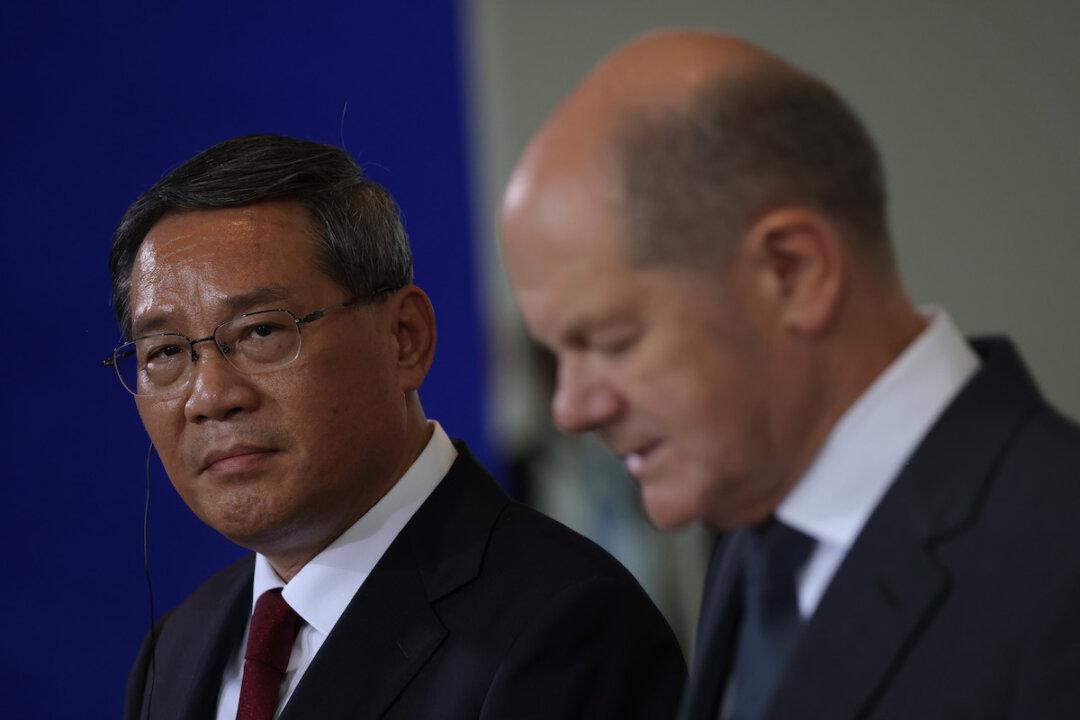Commentary
Berlin has revised its approach to Beijing, replacing its once accommodating and sympathetic posture with something more wary and hostile.

Berlin has revised its approach to Beijing, replacing its once accommodating and sympathetic posture with something more wary and hostile.